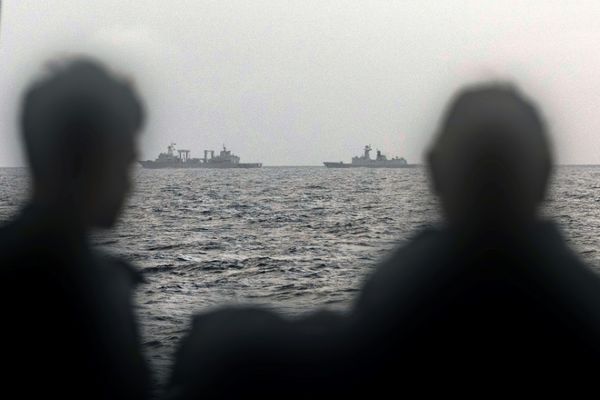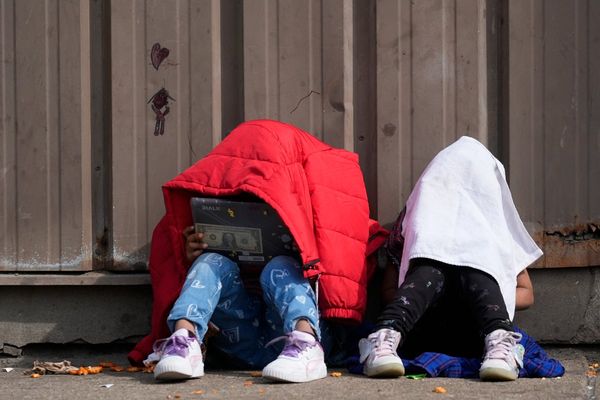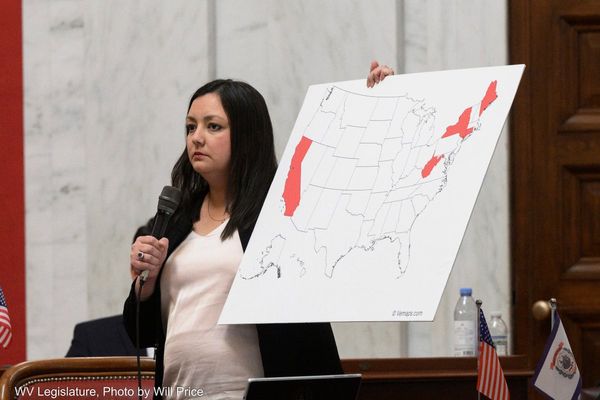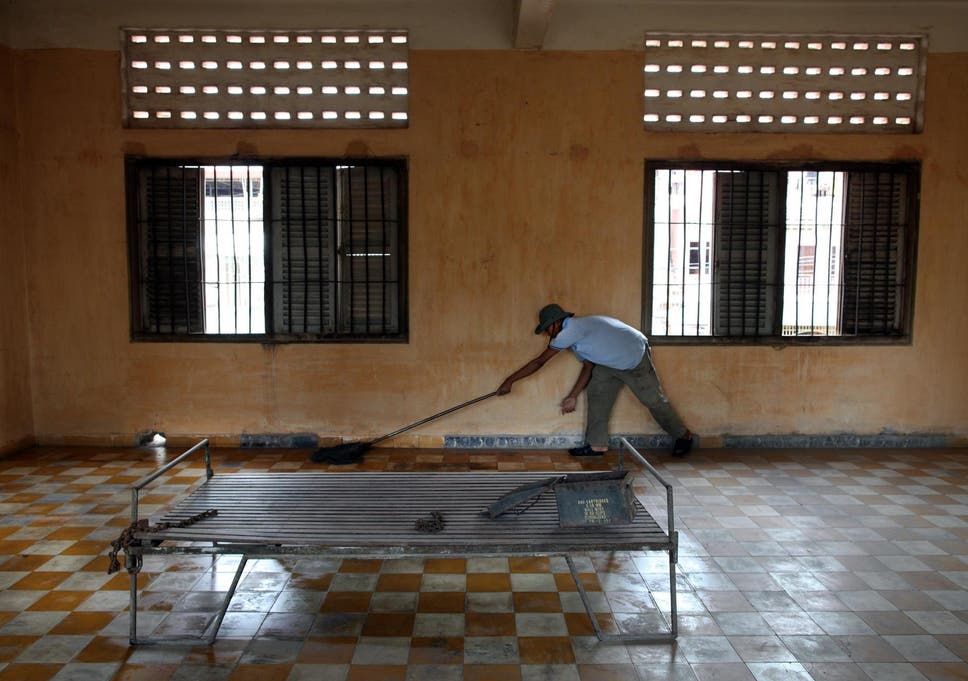
Volleyball’s international governing body, FIVB, is facing calls to sever ties with the president of the Cambodia national federation after The Independent learned he stands accused of presiding over extrajudicial killings and torture.
The man in question, Cambodian national police commissioner and volleyball federation president Neth Savoeun, was among eleven other senior generals christened Cambodia’s “Dirty Dozen” in a Human Rights Watch report last year. The report highlighted their role in propping up Cambodian prime minister Hun Sen, who has governed the country in one guise or other since 1984. In service of maintaining the premier’s grip on power, all 12 participated in and ordered serious human rights abuses, according to the report.
While FIVB said it was “important not to pre-judge” the allegations against Savoeun, it promised to review them following publication of this article.
Should the case be referred to FIVB’s ethics panel, which has full investigative and decision-making powers over the affairs of its member federation officials, it could prove damaging to the sport in Cambodia. Despite its best team ranking 387th globally, the country has become a regular feature on the beach volleyball circuit, hosting a leg of the World Tour earlier this month.
It also comes at a fractious time for Cambodian foreign relations. Recent years have found its government at odds with the United States and European Union after it disbanded the country’s main opposition party, the CNRP.
Savoeun has been a key political ally and enforcer of Hun Sen’s since his earliest days in power, having risen swiftly through the ranks of post-Khmer Rouge Cambodia’s police force. Speaking to the Lawyers Committee for International Human Rights in 1984, a former police colleague put Savoeun’s rapid ascension down to his bloodthirstiness.
“[He] became a big shot because he was so awfully brutal at interrogation. He even shot people during interrogation,” the former colleague said. “Sometimes, when he is bored, he will call someone in for a beating just for fun.”
What interest would somebody so allegedly brutal have in the gentle sport of volleyball? Cambodian-American political scientist Dr Sophal Ear is a leading authority on his homeland. Ear believes the police commissioner’s position with the volleyball federation fits the pattern of patronage networks that define much of Cambodian society.
“If you own a volleyball team and you’re going to enter international competitions, there’s going to be travel, training, hotels involved. That’s serious money and they can’t expect the players to find sponsors, so their sponsor will be in the military and Neth Savoeun will be the godfather of it all,” Ear said. “You took money from them, so you owe them. They gave you a gift and now you’re in their pocket. That’s how it works.”
Savoeun is not the only member of the Dirty Dozen to take an active interest in sport. When not deputy supreme commander of Cambodia’s armed forces, General Sao Sokha is also president of the country’s football federation.
In 1997, already more than a decade in power, Hun Sen’s fragile alliance with the Cambodian royalist party, FUNCINPEC, looked set to fall apart. Rather than call elections, the prime minister launched a bloody coup in which both Sokha and Savoeun acted as field commanders, the Human Rights Watch report alleges.
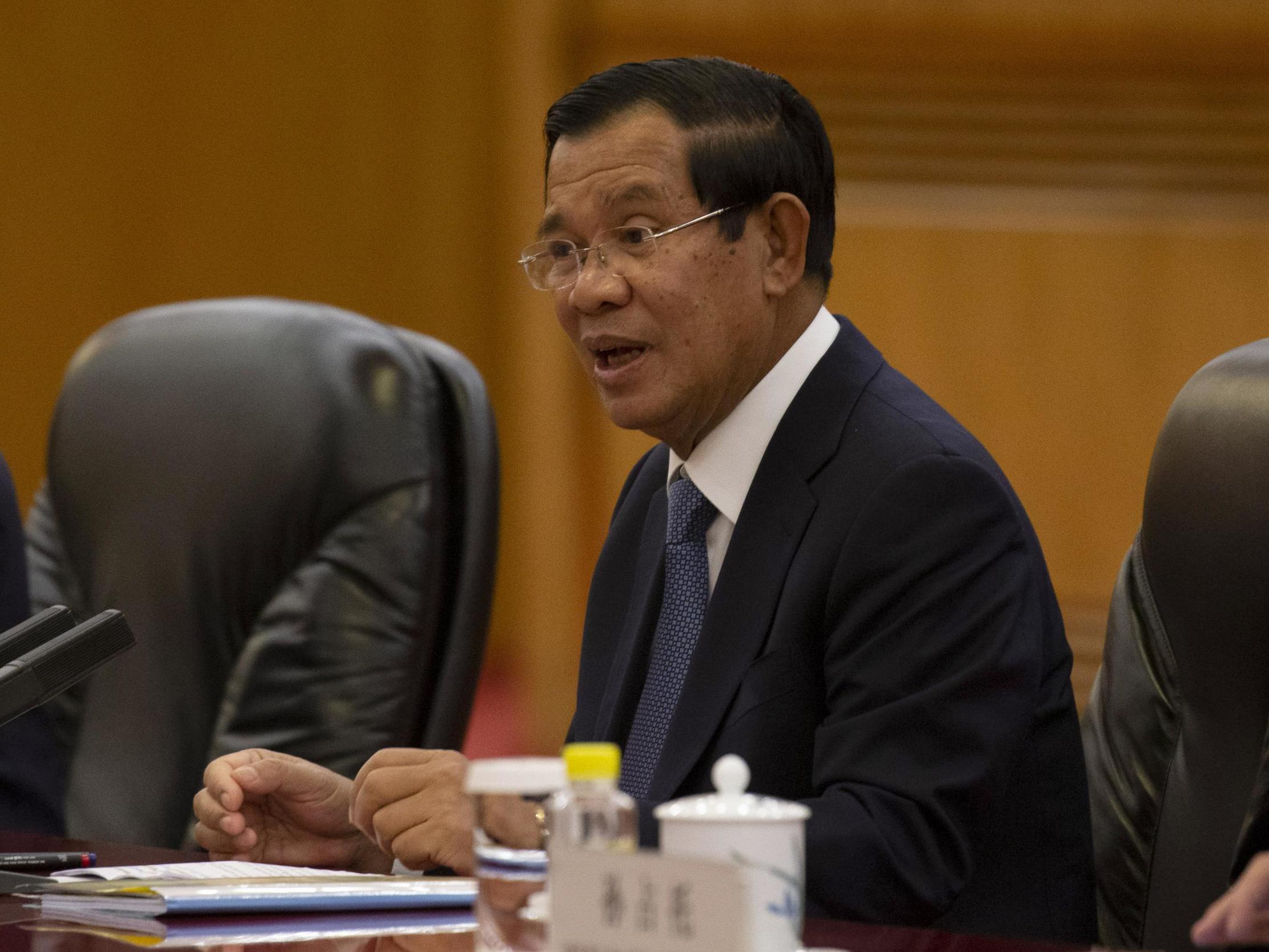
Following the coup, Savoeun headed “police death squads” that assassinated many remaining FUNCINPEC luminaries, according to interviews Human Rights Watch conducted with members of the alleged death squads.
It was not until 2008 that Savoeun attained his current role as national police commissioner, taking over the position following his predecessor’s death in a helicopter crash.
Since then, he has continued to act as a loyal aid in Hun Sen’s never-ending bid to retain power.
The closest the premier has since come to leaving office was in July 2013, when he almost lost out to the CNRP in national elections. In the months after, amid widespread suspicions of electoral fraud, thousands of protesters routinely filled the streets of Phnom Penh, Cambodia’s capital. Policing of the protests frequently involved the use of live ammunition, leading to multiple deaths. The following year, Savoeun gave a speech praising the police’s efforts.
Hun Sen's government denied all accusations of electoral fraud at the time.
Over the last three years, the Cambodian government repeatedly depicted the CNRP as treasonous insurrectionists seeking to foment a “colour revolution”. In August 2017, Savouen was assigned to formally investigate the allegation.
In September 2017, police under Savoeun’s command arrested the CNRP’s leader Kem Sokha in a midnight raid, acting on what are widely regarded as fabricated charges of treason. Two months later, following a five-hour trial, Cambodia’s Supreme Court ordered the country’s only viable opposition party to disband.
The following month, in an address to a gathering of police officials, Savoeun congratulated them on preventing a revolution.
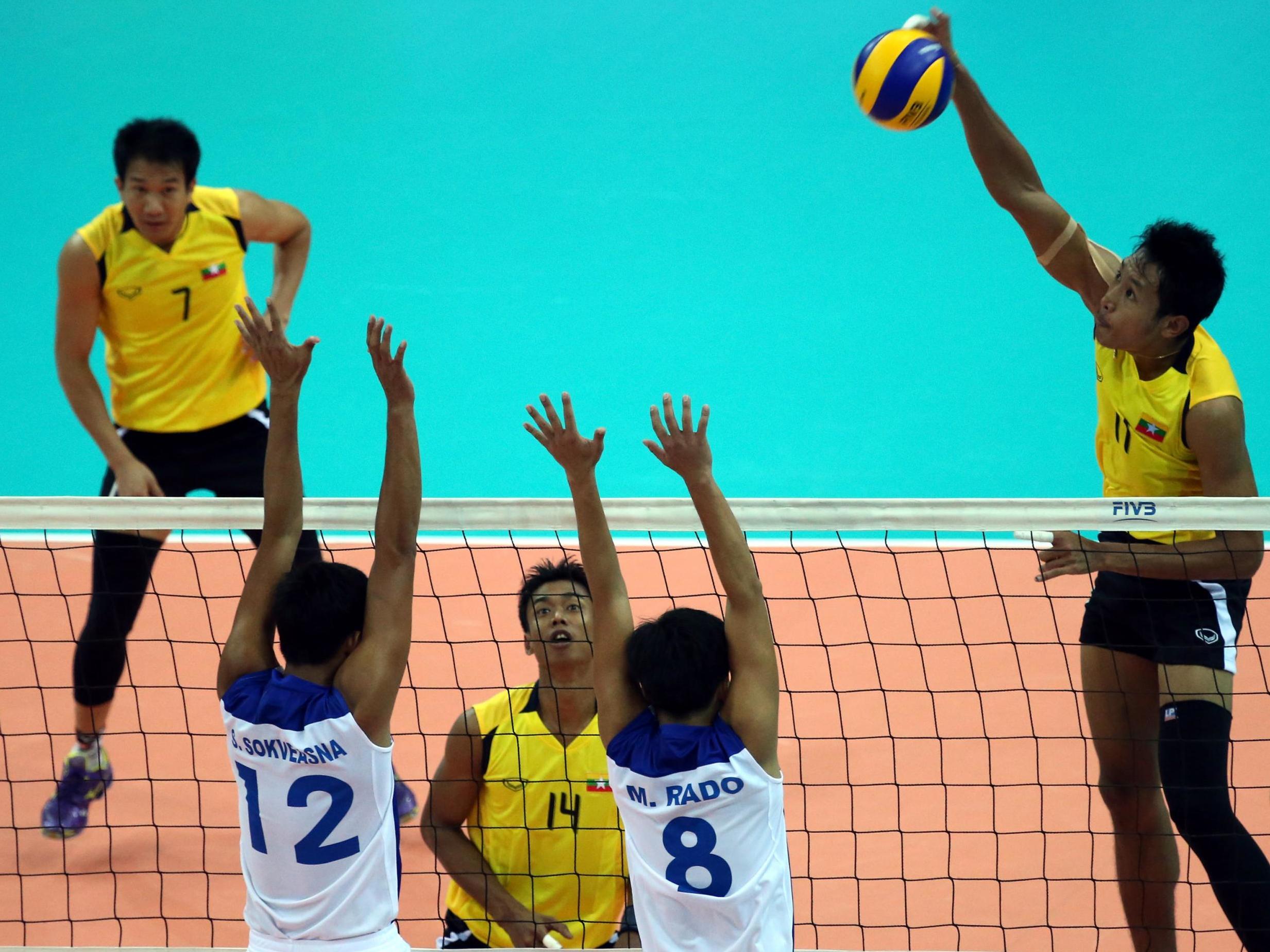
“Over the last few years, our police forces struggled to defeat the colour revolution,” the Khmer Times reported him as saying. “Hundreds of thousands of people demonstrated illegally and attempted to overthrow the government, but we had prevented any acts of terrorism.”
In its annual human rights review of Cambodia last year, the US State Department noted that it had received “credible reports military and police officials used physical and psychological abuse and occasionally severely beat criminal detainees, particularly during interrogation.”
Human Rights Watch deputy Asia director Phil Robertson told The Independent that given Savoeun’s “long history of bloody suppression of peaceful protests, and arrest and torture of political opponents” it was “shocking” that he had been “appointed to preside over Cambodia's national volleyball association.”
“FIVB should immediately demand Cambodia remove him from leading the country's volleyball athletes,” he added.
Ear, the political scientist, described Savoeun’s tenure as national volleyball federation president as being akin to Sepp Blatter’s leadership of Fifa.
“Is this the kind of arrangement you want as a sport, this cloud over you as he goes across Asia and the world representing Cambodia?” he asked. “It’s not a smart move if you want a sponsor who doesn’t want to be associated with human rights abuses.”
A FIVB spokesperson said that while it was “important not to pre-judge any aspect of [the] allegations”, it would nonetheless conduct a review of them.
In the days after the publication of the ‘Dirty Dozen’ report, Cambodia’s Ministry of Defence issued a statement saying it “outright dismisses” what it described as “arbitrary exaggeration.”
